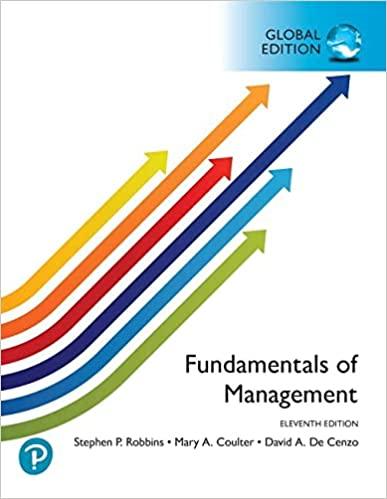Once considered the sport of kings, horse racing today has evolved in to a multi-billion-dollar entertainment industry.
Question:
Once considered the “sport of kings,” horse racing today has evolved in to a multi-billion-dollar entertainment industry. Owners, jockeys, trainers, and horses travel the globe in search of a win. Crossing the finish line in one of the top three places can yield significant earnings from the modest racing circuits in small cities and extravagant payouts from the most prestigious venues. In the Hong Kong circuit alone, winning owners can earn up to 60 percent of prize money, ranging from $100,000 to over $3 million per weekly race over a season. A winning jockey and trainer can easily earn 10 percent each from an owner’s winnings.
Fans from all walks of life share in the enthusiasm as they fill massive grandstands and hotel rooms. Hong Kong’s world-class Happy Valley Racecourse can draw up to 55,000 spectators on any given night. The Dubai Cup, with the largest purse in all of horseracing at $10,000,000, attracts not only the top horses in the world but entices tourists to visit the United Arab Emirates and enjoy themselves at the spectacular Meydon Hotel, which overlooks the Dubai racecourse.
And the Kentucky Derby continues to draw record-breaking crowds to the U.S. city of Louisville, where ticket prices for this spectacle can range from $43 for general admission tickets to $11,000 for an upper clubhouse seat.
As the business of horse racing continues to grow, risk and uncertainty in this high-stakes affair looms heavy for its decision makers. Each decision can mean the difference between winning and losing. Owners with large and small pocketbooks alike seek returns on their investment. And a jockey’s livelihood for the month can be decided in a matter of seconds.
An owner must assess whether to invest in the potential of young colt or buy an experienced mare. Pedigree, age, and past performance are just a few factors alongside sentiment: tradition can decide whether a buyer seeks a thoroughbred from England’s hallowed breeding grounds in Newmarket or the bloodline of an Arabian. Evaluating the return on investment must be weighed against the cost of ownership, including training and boarding fees.
Decisions do not rest only in ownership. A jockey makes split-second decisions during a race while galloping at speeds exceeding 35 mph. Not knowing a horse’s tendencies or using the wrong race strategy could lead to life-threatening injury to horse or rider. A well-prepared jockey studies course dimensions and the patterns of competitors. Horse preparation relies on the daily decisions of the trainer, who must decide optimal diets and appropriate equipment, such as proper, fitting horseshoes. This extends to exercise routines monitored by data collected via smartphone apps and the tracking of graphical data.
Science permeates the sport. Race teams seek competitive advantage via genetic testing and aerobic measurements. Yet, at the end of the day, many decisions are still made by one’s love and feel for the horse.
Discussion Questions
1. What are some examples of rational and intuitive decision making that you may see in horse racing?
2. A jockey from Melbourne, Australia, is convinced by a friend to race at the last minute in Happy Valley, Hong Kong, without a track preview. How would bounded rationality affect the jockey who normally races in Australia?
3. What decision-making approaches could an owner use to help decide what type of horse to buy?
Step by Step Answer:

Fundamentals Of Management
ISBN: 9781292307329
11th Global Edition
Authors: Stephen P. Robbins, Mary A. Coulter, David A. De Cenzo





